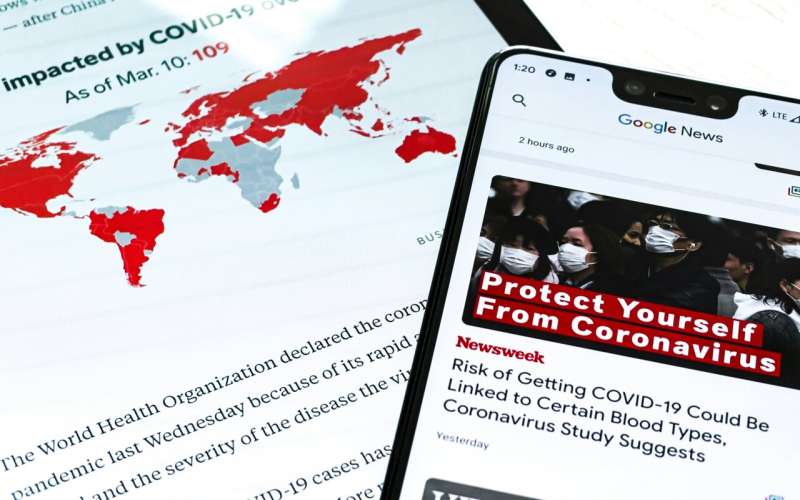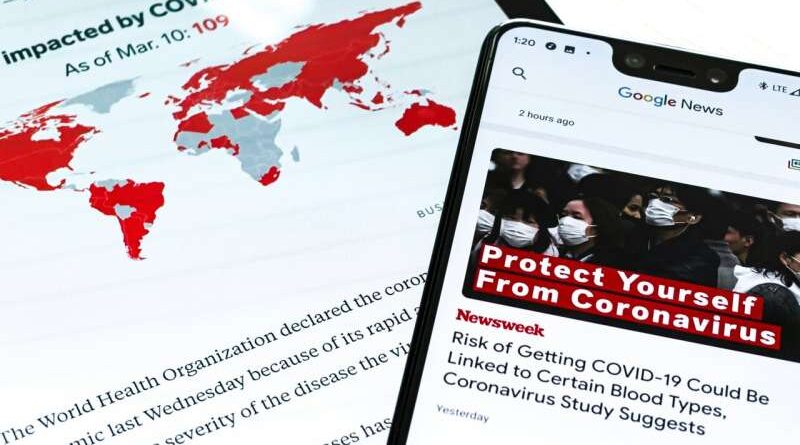Dealing with the hype: A researcher wants to improve scientific communication

Credit: Unsplash/CC0 Public Domain
Being a scientist has its challenges. Knowing how to communicate your scientific research in a socially responsible way can be even more difficult. Fortunately, a researcher at Michigan State University and colleagues at several other universities have identified some of the business and communication strategies that environmental health scientists can use. to communicate effectively.
“The buzzwords and misinformation are all over the place,” said Kevin Elliott, a professor at MSU’s Lyman Briggs College and MSU’s College of Agriculture and Natural Resources. “As scientists, we need to be more sophisticated and intentional about the messages we convey.”
Elliott and his team examined four ways to generate information about the effects of endocrine-disrupting chemicals, which can disrupt the body’s natural hormones and affect sexual development, neurodevelopment and obesity. . Different communication strategies that were tried were: 1) highlighting the challenges of masculinity, 2) using the term “neurodivergence,” 3) discussing the developmental origins of health and disease and the relationship of it and obesity and 4) identifying obesity as a disease.
The study appeared in the newspaper Environmental Health Perspectives.
The researchers looked at the advantages and disadvantages of each method of communication and showed how, even if the information is correct, the messages can have unintended consequences. For example, labeling obesity as a disease may help more obese people qualify for weight loss treatment, but this label may increase the stigma surrounding obesity and create negative perceptions about outcomes. theirs in good health.
Scientists may be able to reduce that stigma by discussing how a baby’s exposure to environmental pollutants can contribute to obesity—but that message, on the other hand, could put undue pressure on mothers to prevent such exposure.
“We found that there are trade-offs that environmental health scientists have to make as they try to get the right message across,” Elliott said. “We want to provide usable, relevant information but we also want to prevent information from being misinterpreted or misused.”
Some strategies that Elliott recommends are:
- taking into account the social context in which scientific information is interpreted;
- to avoid certain messages altogether if they do more harm than good;
- creating collaborations between scientists and communication experts or ethicists;
- creating relationships between scientists and community groups to create shared messages to better serve society.
Additional information:
Kevin C. Elliott et al, Words Matter: Reflective Science Communication and Tradeoffs in Environmental Health Research, Environmental Health Perspectives (2024). DOI: 10.1289/EHP14527
Offered by Michigan State University
Excerpt: Dealing with hype: Researcher wants to improve science communication (2024, November 4) Retrieved November 4, 2024 from https://phys.org/news/2024-11-hype-science-communication. html
This document is subject to copyright. Except for any legitimate activity for the purpose of private study or research, no part may be reproduced without written permission. Content is provided for informational purposes only.
#Dealing #hype #researcher #improve #scientific #communication
